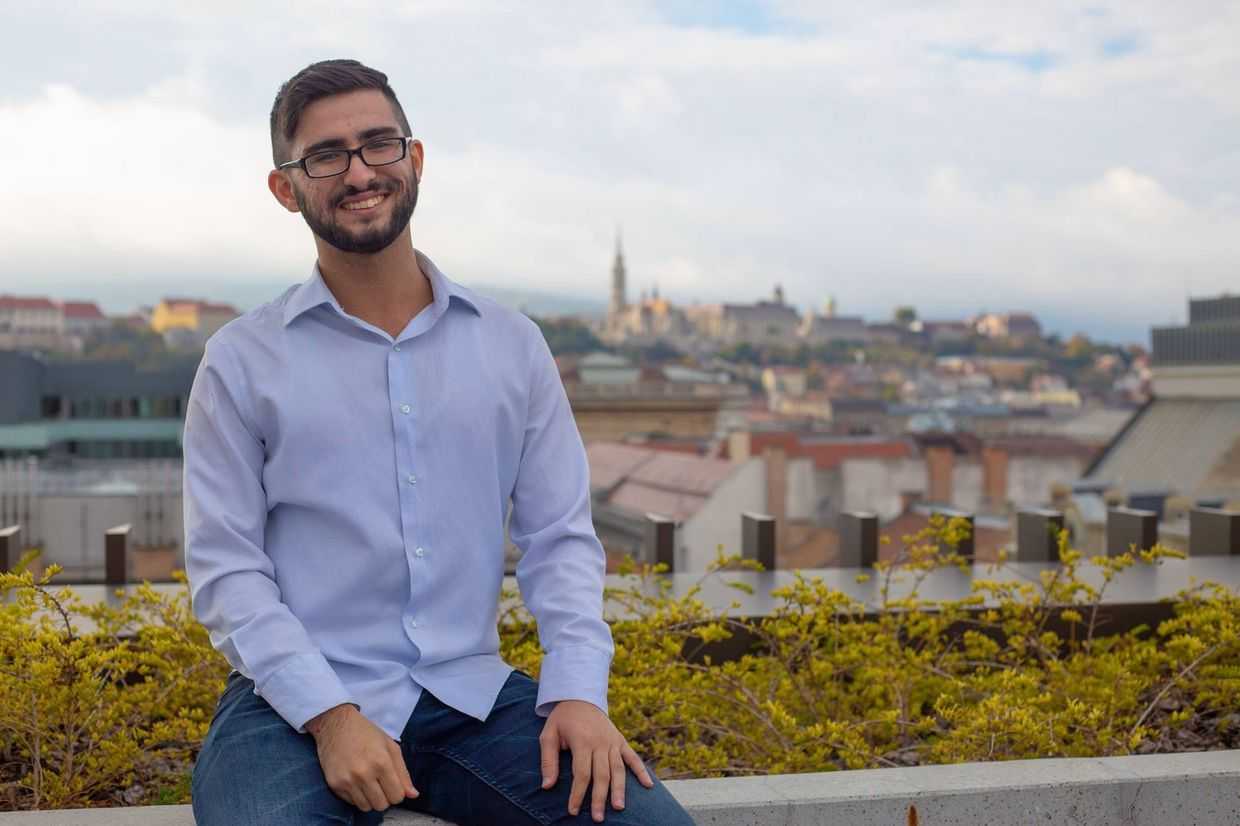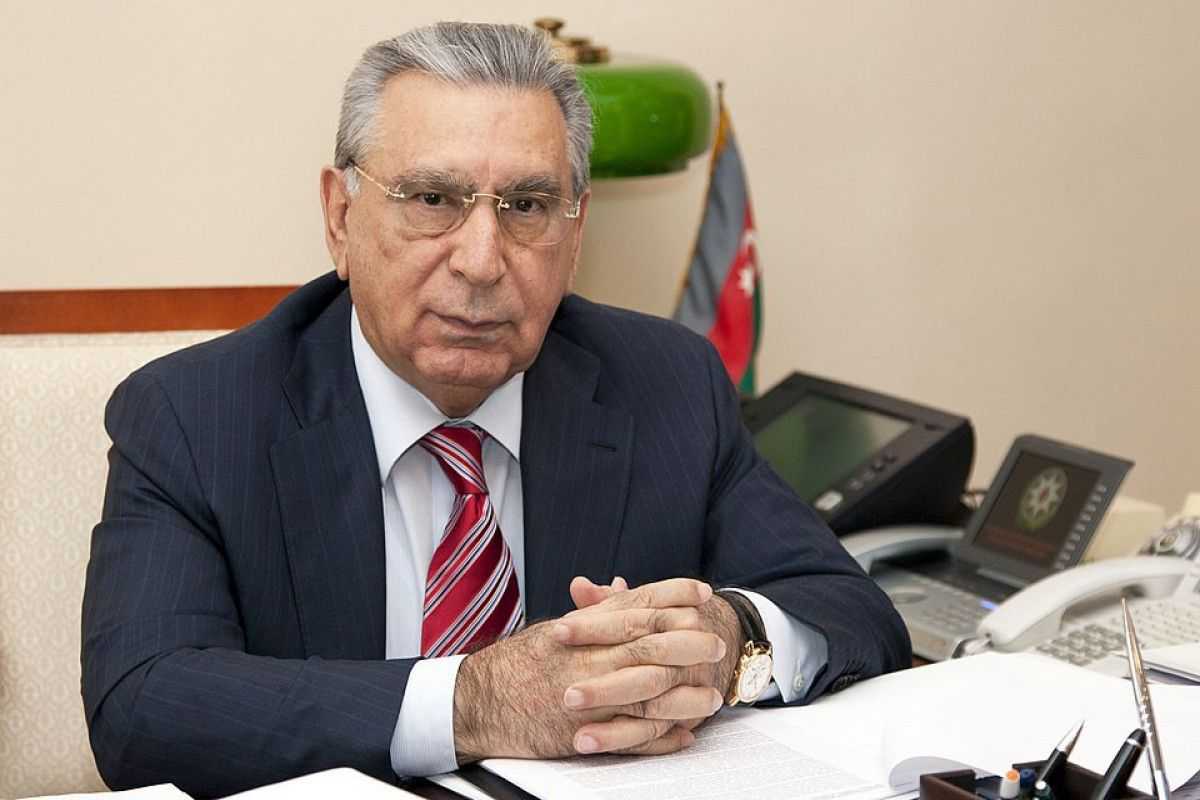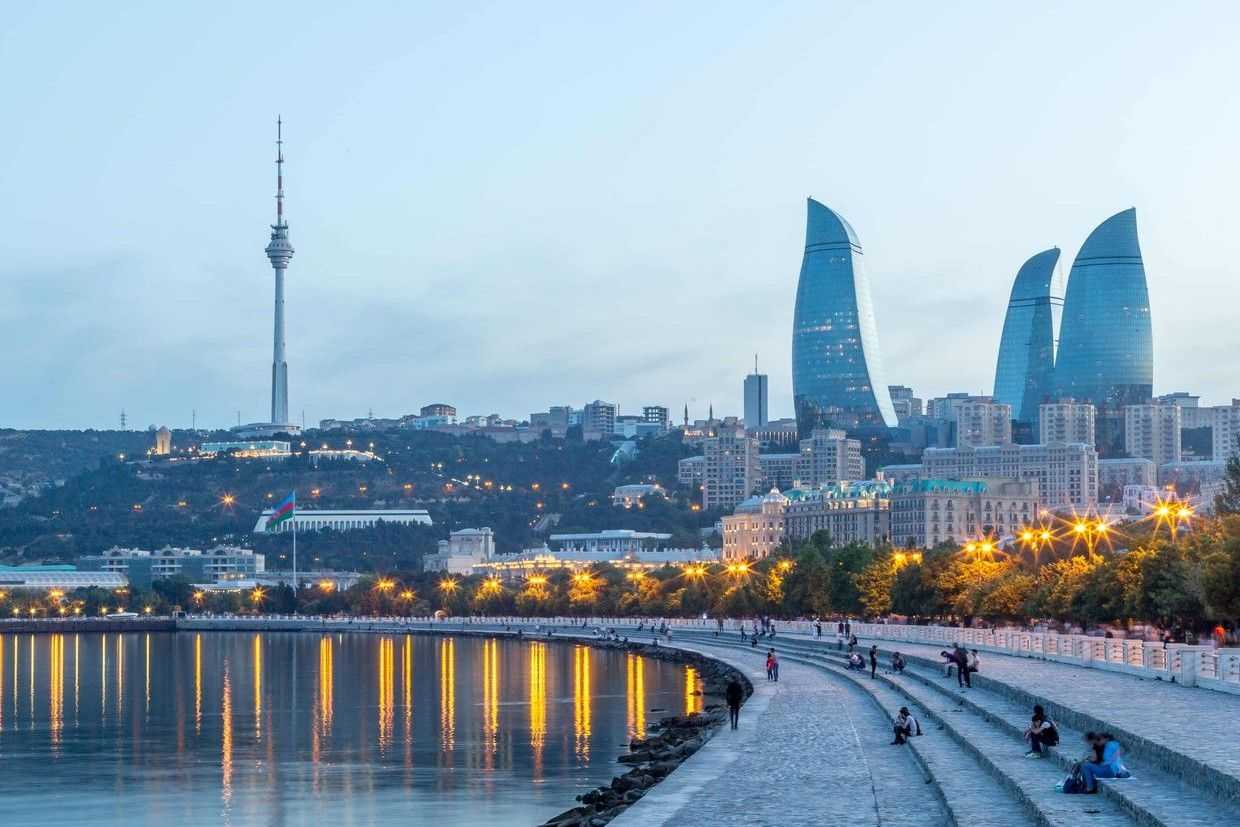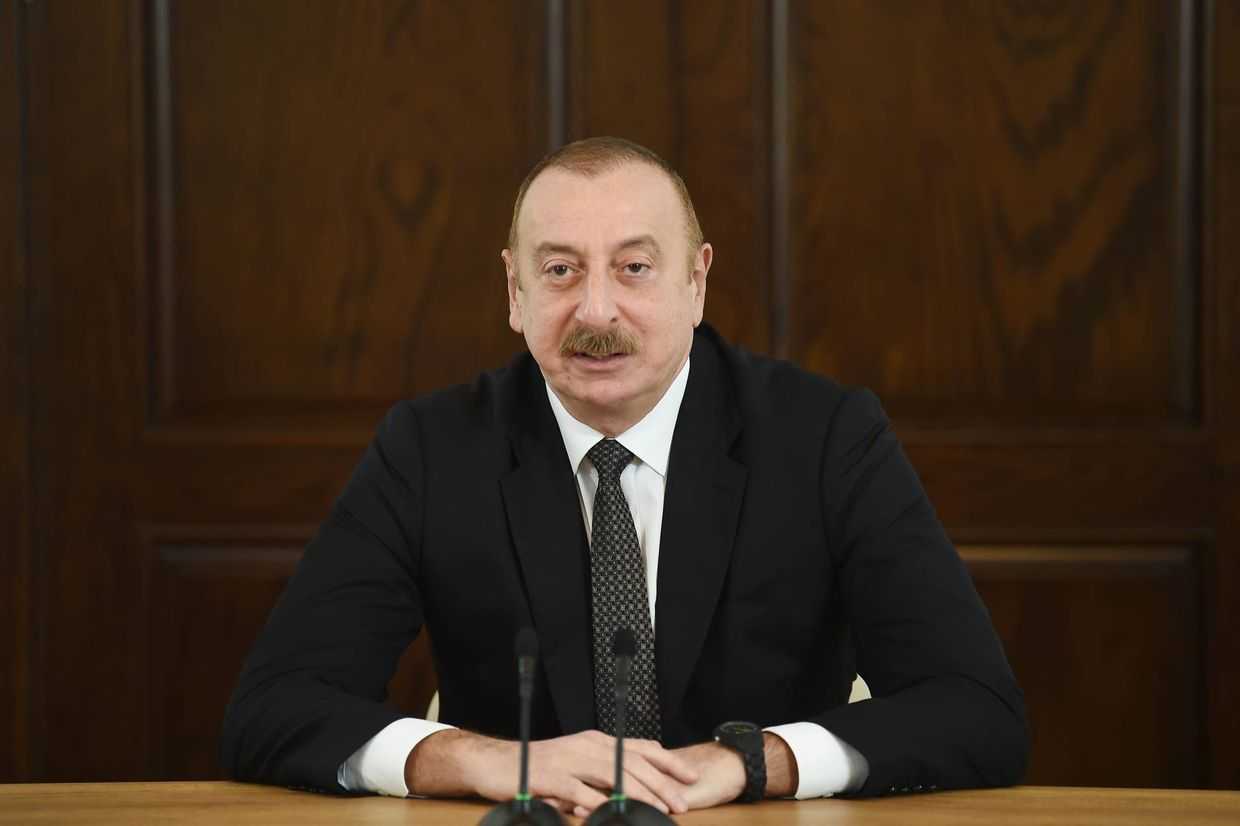
On 24 February, Russia launched a large-scale invasion of Ukraine. OC Media spoke with several Azerbaijanis in Ukraine about how they are coping with the situation.
Idrak Jamalbayli moved to Kyiv, where he works as a freelance journalist, more than five years ago. Talking to OC Media on Friday he spoke of fierce fighting throughout the capital.
‘There were street fights at night. In the first half of the day, airstrikes were launched, but missile strikes are being intercepted by air defence systems’, he told OC Media.
He also spoke of airstrikes, missile barrages, as well as drone strikes, as well as damage inflicted on residential buildings in the city.
‘People in Kyiv think that today is a decisive day’, he said, adding that, in his view, the Ukrainian military has been ‘very confident in resisting enemy attacks’.
Most of the civilian population, meanwhile, is hunkering down. With people using metro stations and basements as shelters. And for those who want to leave, it’s no longer simple.
‘It is very dangerous to leave the city’, Jamalbayli said. ‘There is a shortage of fuel, and the roads are not safe.’
The situation is hardly better in other parts of the country close to the frontline.
Sabina Orujeva was born in Crimea and currently lives in Kharkiv. She said that she was considering fleeing the country with her family, but that traffic restrictions in the area made that impossible.
‘My two young children and I have taken refuge in my mother’s house in the east of Kharkiv’, she told OC Media. She said that ‘alarms and sirens are heard everywhere’ that missiles ‘have struck many houses.’
Rufat Aliyev, an Azerbaijani businessperson who is living in Kramatorsk, a city in the Donetsk region remains controlled by the Ukrainian government.
‘The situation in Kramatorsk remains difficult’, he told OC Media. ‘Martial law has been declared. Heavy gunfire is heard at night, and during the day it is relatively quiet, with only rocket fire from the air.’
‘The Ukrainian people are resisting with hope, and we hope that this tragedy will end soon’, he said.
In Moscow, meanwhile, Rashad Alili, an Azerbaijani businessperson who lives in the Russian capital told OC Media that most people oppose the war — with some even risking arrest and beatings by the police and attending anti-war rallies.
‘From my observations over the past two days, I can say that more than 70% of the people in the capital condemn the war and demand an end to it.’









